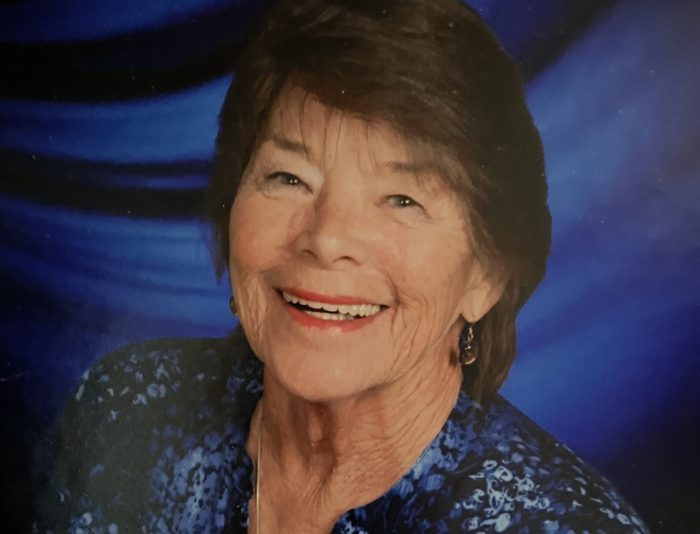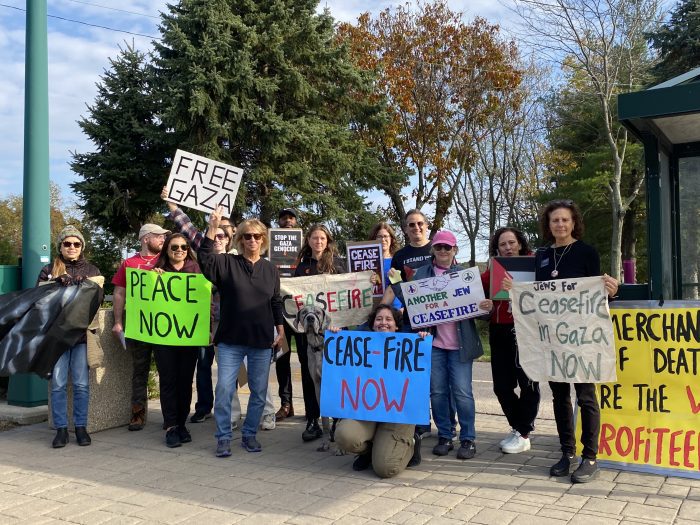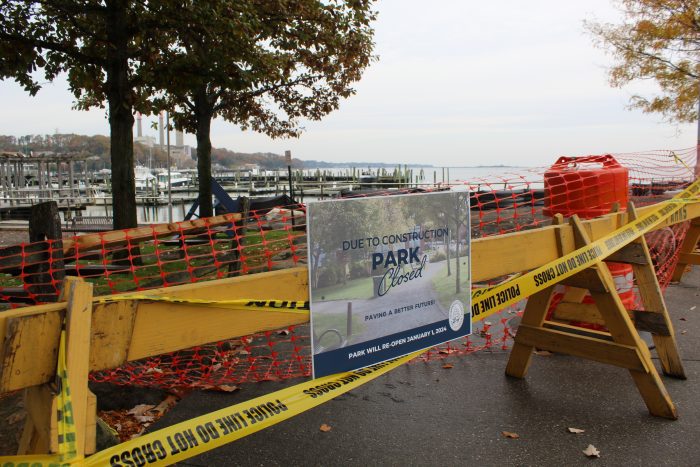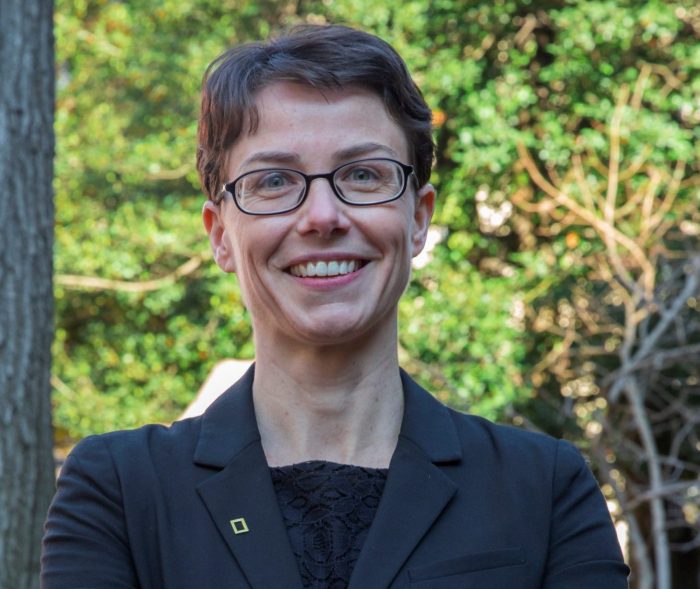EXCLUSIVE: Port Jeff’s deputy mayor announces run for New York State Assembly

Just over a week after Election Day, the 2024 election season is already underway.
Village of Port Jefferson Deputy Mayor Rebecca Kassay has exclusively announced her campaign for New York State’s 4th Assembly District. She is running as a Democrat.
The 4th District seat is currently held by New York State Assemblyman Ed Flood (R-Port Jefferson), who unseated former Assemblyman — and Suffolk County Legislator-elect — Steve Englebright (D-Setauket) in 2022, who had occupied the seat since 1992.
Kassay entered the Village of Port Jefferson Board of Trustees in 2020 and was appointed deputy mayor earlier this year. During her tenure in village government, she has served as trustee liaison to the Building Department and Planning Board; the Conservation Advisory, Six-Acre Park and Tree committees; and was appointed the village’s inaugural sustainability commissioner.
Before entering public life, she worked as a youth environmental volunteer program director at Avalon Park and Preserve in Stony Brook. She is also a small business owner, operating The Fox and Owl Inn bed-and-breakfast on Main Street in Port Jefferson with her husband Andrew Thomas since 2014.
Kassay outlined the motivations guiding her campaign.
“I’m running for the New York State Assembly because we need leaders who understand that governance which truly reflects the voices, needs and concerns of their constituents starts with listening,” Kassay said in a statement. “In the village government, there are no national political party affiliations. I am practiced in working with anybody who is interested in pursuing commonsense, balanced solutions to ongoing challenges.”
Kassay described several quality-of-life concerns as “screaming for representation” in Albany, such as housing scarcity and the unaffordable standard of living in District 4. She said the state government must help create housing opportunities while conforming to the existing suburban character of local communities.
“I know that one-size-fits-all plans and mandates have tried to come down from the state, and while they try to address problems, they’re not suitable for the variety of unique communities within our area,” she said in an interview. “We need to find ways that we can support the creation of more housing opportunities for the middle class while preserving that suburban lifestyle.”
The Port Jeff deputy mayor identified various environmental challenges facing the 4th District, offering to leverage her environmental advocacy background toward climate-resilient policies.
“I really look at climate resilience as something that’s part of almost every dynamic conversation that government is having at this point,” she indicated.
Kassay referred to health care as another policy concern, citing soaring health care expenses as a barrier to entrepreneurship and economic development. “A lot of folks here who might set out as entrepreneurs or small business owners might be held back by health insurance as a barrier, so I really want to work to address that and make that more affordable for small business owners and entrepreneurs, specifically, but also for everyone else who is interacting with the state health insurance market,” she said.
Among other ideas, Kassay said she would use the office to pursue greater public investment in mental health services, target the opioid crisis, apply pressure on the Metropolitan Transportation Authority for improved services along the Port Jefferson Branch of the Long Island Rail Road and expand coordination between the state and local levels of government.
Kassay’s current term as village trustee expires in July 2024. She stated she will not seek reelection for village office.
“I really look forward to serving not only Port Jefferson village residents but the residents throughout the district of AD4 from Stony Brook and all the way down to Gordon Heights, using the skills and relationships I’ve built at the village level and leveraging those skills all throughout the district,” she said.
To read Kassay’s entire statement, click here.









 “It is important for our community to come out and let people see that we’re here,” said event organizer and Port Jeff resident Myrna Gordon. “We’re active. We’re not going to be silent while tens of thousands of people are being killed, injured and homeless.”
“It is important for our community to come out and let people see that we’re here,” said event organizer and Port Jeff resident Myrna Gordon. “We’re active. We’re not going to be silent while tens of thousands of people are being killed, injured and homeless.”


































